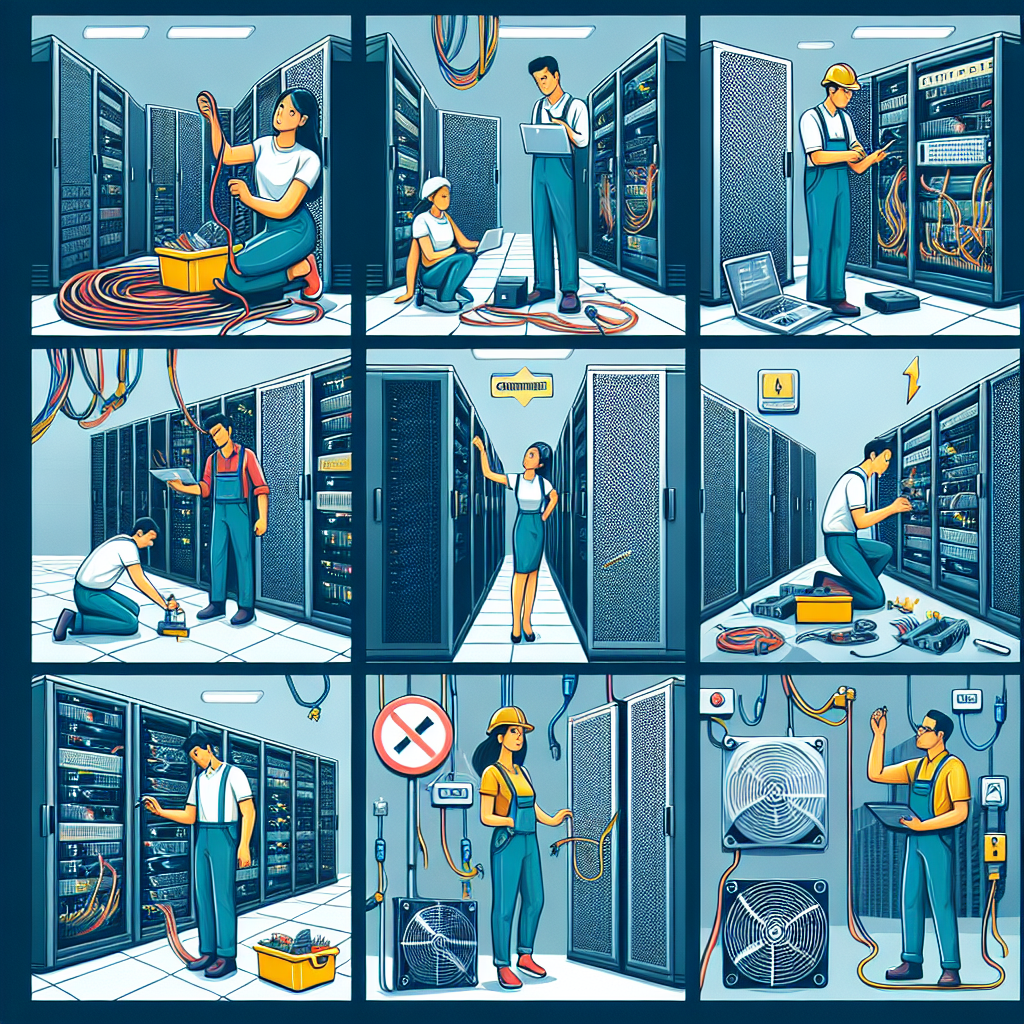Fix today. Protect forever.
Secure your devices with the #1 malware removal and protection software
Data centers are critical components of modern businesses, housing servers, networking equipment, and storage systems that support the organization’s digital infrastructure. However, like any technology-driven environment, data centers are susceptible to incidents that can disrupt operations and compromise data integrity. In order to ensure the smooth functioning of a data center, it is essential to have effective incident management processes in place.
Here are some tips on how to effectively handle data center incidents:
1. Establish a comprehensive incident response plan: Before any incidents occur, it is important to have a well-defined incident response plan in place. This plan should outline the roles and responsibilities of team members, the procedures for identifying and responding to incidents, and the escalation process for more serious incidents. Regularly review and update the incident response plan to ensure it remains relevant and effective.
2. Monitor and detect incidents proactively: Implement monitoring tools and systems that can detect potential issues in the data center environment before they escalate into full-blown incidents. By monitoring key performance indicators and setting up alerts for abnormal behavior, data center administrators can proactively address issues and prevent downtime.
3. Prioritize incidents based on impact: Not all incidents are created equal, and it is important to prioritize them based on their impact on business operations. Classify incidents according to severity levels and allocate resources accordingly to resolve critical incidents first. This ensures that the most important issues are addressed in a timely manner.
4. Communicate effectively: Clear and timely communication is key during a data center incident. Keep stakeholders informed about the incident, its impact on operations, and the steps being taken to resolve it. Establish communication channels that can be used to provide updates and gather feedback from relevant parties.
5. Document and analyze incidents: After an incident has been resolved, it is important to document it thoroughly for future reference. This includes recording the details of the incident, the actions taken to resolve it, and any lessons learned. Conduct a post-incident analysis to identify root causes and prevent similar incidents from occurring in the future.
6. Continuously improve incident management processes: Incident management is an ongoing process that requires continuous improvement. Regularly review incident data and metrics to identify trends and areas for improvement. Implement corrective actions to address recurring issues and enhance incident response capabilities.
By following these tips, organizations can effectively handle data center incidents and minimize the impact on business operations. A proactive approach to incident management will help ensure the reliability and availability of critical data center services, ultimately contributing to the success of the organization.
Fix today. Protect forever.
Secure your devices with the #1 malware removal and protection software


